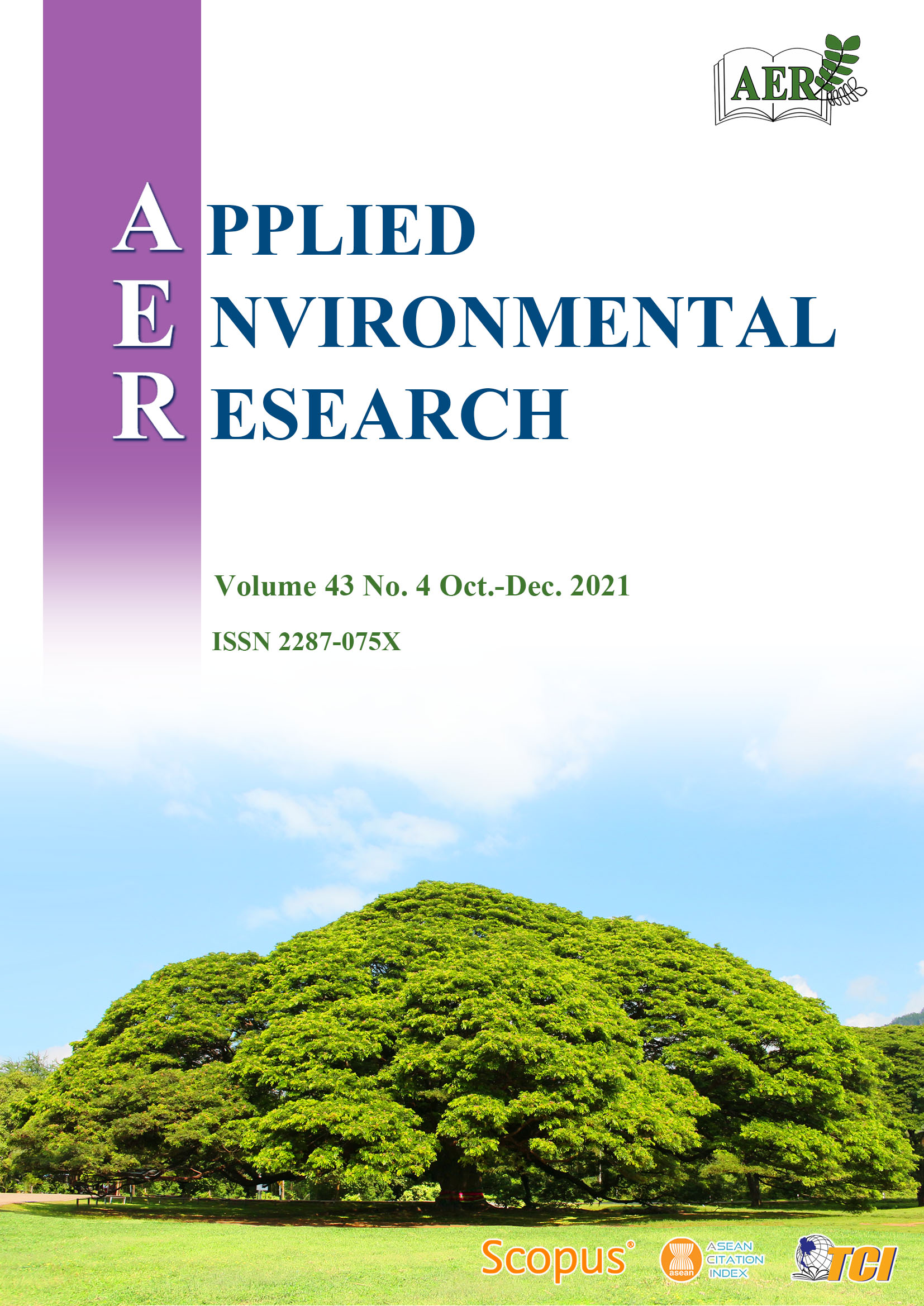Why Should Different City Characteristics Customize the Rate of Pollution Charge? Evidence of Factors Affecting Willingness-to-pay for Wastewater Management in Thailand
Main Article Content
Abstract
A challenge for wastewater management is enhancing the efficiency of resource allocation. Polluter Pays Principle is a wastewater charge collection approach that could help support the financial burden faced by many countries. Tailor-made policy implementation based on city characteristics is critical to the success of implementing a national policy to fit well in different local contexts. This study examined gaps for improving municipal wastewater management systems in Thailand through in-depth interviews and a questionnaire survey to identify the factors influencing households’ perception and willingness to pay in three different cities. A contingent variation method technique was used to evaluate the preferences of residents. The study revealed that different cities have different factors that influence willingness-to-pay decisions as well as pay-out levels. A single common factor positively affecting willingness-to-pay preference in all three cities is perception and engagement of wastewater treatment service. Citizens with a positive perception of receiving wastewater service are not only more likely to pay the wastewater charge, but also at a higher amount.
Article Details

This work is licensed under a Creative Commons Attribution-NonCommercial 4.0 International License.
Published articles are under the copyright of the Applied Environmental Research effective when the article is accepted for publication thus granting Applied Environmental Research all rights for the work so that both parties may be protected from the consequences of unauthorized use. Partially or totally publication of an article elsewhere is possible only after the consent from the editors.

